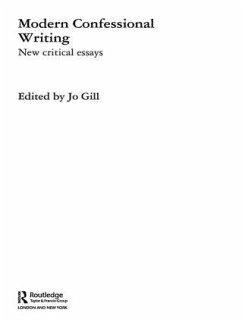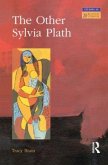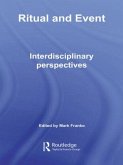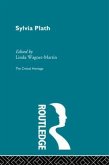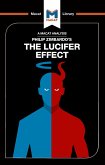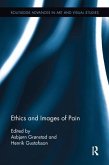A comprehensive and scholarly account of this popular and influential genre, the essays in this collection explore confessional literature from the mid-twentieth century to the present day, and include the writing of John Berryman, Anne Sexton, Ted Hughes and Helen Fielding.
Drawing on a wide range of examples, the contributors to this volume evaluate and critique conventional readings of confessionalism. Orthodox, humanist notions of the literary act of confession and its assumed relationship to truth, authority and subjectivity are challenged, and in their place a range of new critical perspectives and practices are adopted.
Modern Confessional Writing develops and tests new theoretically-informed views on what confessional writing is, how it functions, and what it means to both writer and reader. When read from these new perspectives modern confessional writing is liberated from the misconception that it provides a kind of easy authorial release and readerly catharsis, and is instead read as a discursive, self-reflexive, sophisticated and demanding genre.
Drawing on a wide range of examples, the contributors to this volume evaluate and critique conventional readings of confessionalism. Orthodox, humanist notions of the literary act of confession and its assumed relationship to truth, authority and subjectivity are challenged, and in their place a range of new critical perspectives and practices are adopted.
Modern Confessional Writing develops and tests new theoretically-informed views on what confessional writing is, how it functions, and what it means to both writer and reader. When read from these new perspectives modern confessional writing is liberated from the misconception that it provides a kind of easy authorial release and readerly catharsis, and is instead read as a discursive, self-reflexive, sophisticated and demanding genre.

